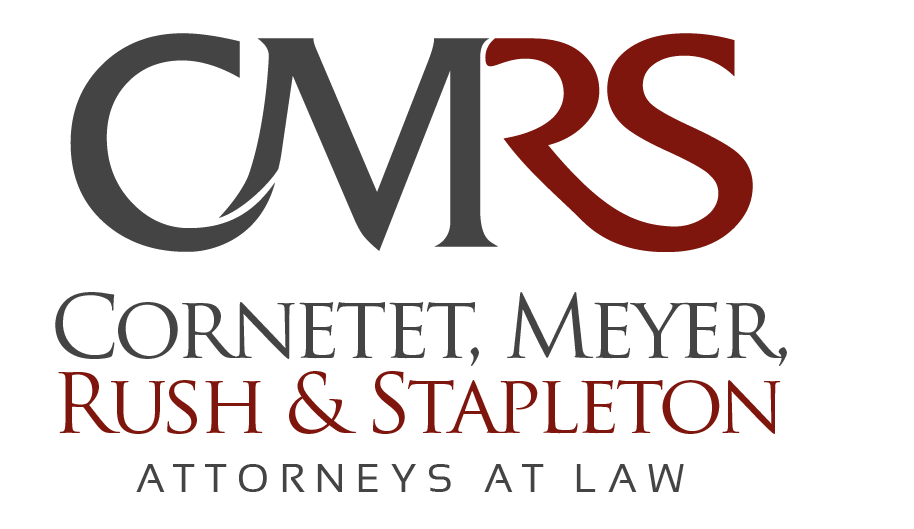The Supreme Court has made a unanimous decision regarding North Carolina Department of Revenue v. The Kimberley Rice Kaestner 1992 Family Trust. The court has ruled that the mere residence of a beneficiary of a trust is not enough for a state to tax a trust’s undistributed income. This Court’s ruling will impact trust planning in the State of Ohio.
Summary of the case:
The case began when Joseph Lee Rice III formed a trust for his children in New York, his state of residence. He appointed a New York resident as the trustee, and the trust gave the trustee complete control over distributing the trust’s assets to the beneficiaries.
When Kimberley Rice Kaestner moved to North Carolina in 1997, the trustee divided the trust into three subtrusts. One of these subtrusts was called the Kimberley Rice Kaestner 1992 Family Trust, which the state attempted to tax.
The state determined that $1.3 million in taxes was owed for the tax years of 2005 through 2008. During those years, Kaestner did not have any right to demand income from the trust and did not receive any distributions from the trust.
The trustee paid the tax, but sued the state’s taxing authority, claiming that the tax violates the Due Process Clause of the Fourteenth Amendment. This clause limits states from demanding only taxes that are fiscally related to protection, opportunities, and benefits given by the state. The lower courts agreed with the trustee, citing that Kaestner’s residence was too weak of a link between the State and the Trust to support the tax imposed.
The state’s Department of Revenue took the case to the Supreme Court on October 9, 2018. Justice Sotomayor explained the Court uses a two-step analysis to determine if a state tax follows the Due Process Clause:
- There must be some definite link, some minimum connection, between a state and the person, property or transaction it seeks to tax and
- The income attributed to the State for tax purposes must be rationally related to values connected with the taxing State.
The Court uses another test from International Shoe Co. v. Washington, 326 U.S 310 (1945) to figure out if a state has “minimum connection.” Under that case, a state has the right to tax only when the taxed individual has “certain minimum contacts” with the state, such as receiving benefits and protection from the state. In the Kaestner case, the state imposed a tax based on only one contact: the residence of beneficiaries.
The trust did not have a physical appearance, make any direct investments, or possess any real property in the state. Therefore, the Court determined “that the presence of in-state beneficiaries alone does not empower a State to tax trust income that has not been distributed to the beneficiaries where the beneficiaries have no right to demand that income and are uncertain ever to receive it.”
The Supreme Court agreed with the lower court’s ruling that the tax imposed on the Kaestner Trust by the state violated the Due Process Clause of the Fourteenth Amendment. Since the tax on the Kaestner Trust did not meet the minimum connection test, there was no need for the Court to address the rational relationship test regarding the Due Process Clause.
For more information on Estate Planning or Trust Administration, feel free to contact Elliott Stapleton.
Recourses:
Erb, Kelly Phillips. “Supreme Court Rules Against North Carolina In Trust Tax Case.” Forbes, Forbes
Magazine, 21 June 2019, www.forbes.com/sites/kellyphillipserb/2019/06/21/supreme-court-rules-against-north-carolina-in-trust-tax-case/#504bfeaa224d
“NORTH CAROLINA DEPT. OF REVENUE v. KIMBERLEY.” Legal Information Institute, Legal
Information Institute, 21 June 2019, www.law.cornell.edu/supremecourt/text/18-457
Legal Topics:
